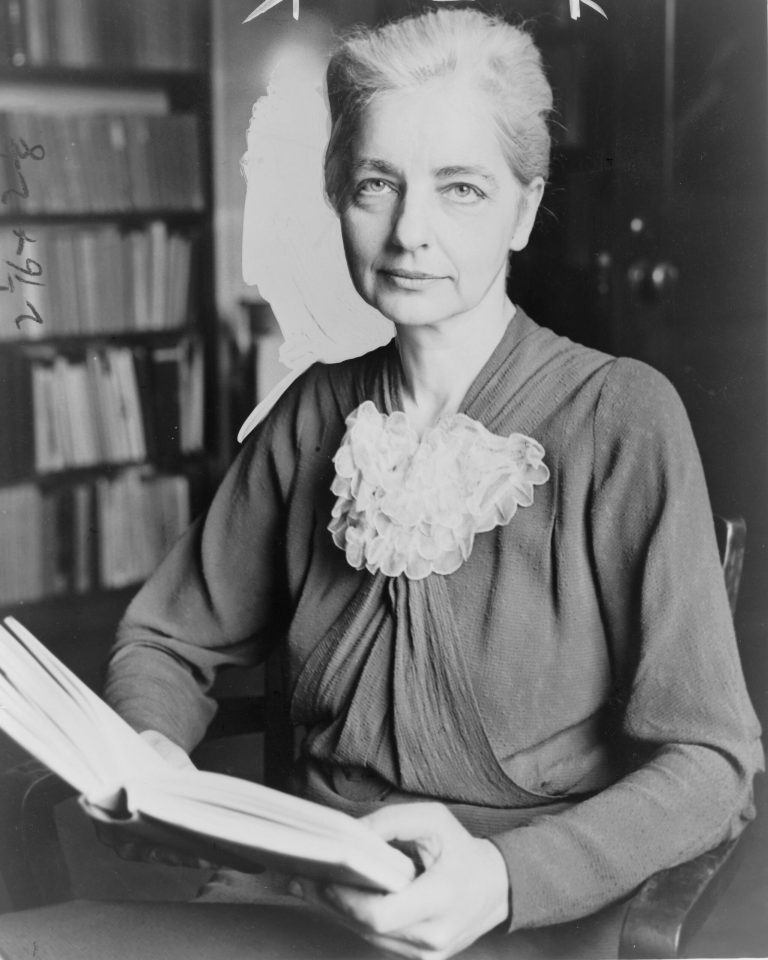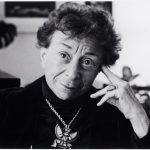Date of Birth: June 5, 1887
Zodiac Sign: Gemini
Date of Death: September 17, 1948
Biography
Ruth Benedict was an influential American anthropologist and folklorist, best known for her pioneering work in cultural anthropology. Born as Ruth Fulton on June 5, 1887, in New York City, she grew up in a family that valued education and intellectual pursuits. After graduating from Vassar College in 1909, she initially pursued a career in teaching and writing. However, her interest in the study of human cultures led her to Columbia University, where she studied under the eminent anthropologist Franz Boas. Her seminal work, “Patterns of Culture” (1934), was groundbreaking in its argument that cultures shape the personalities of their members. Through this work, she introduced the concepts of “cultural relativism” and “cultural configurations,” which have since become foundational in anthropological theory. Benedict also focused on the role of culture in understanding individual behavior, challenging the notion that human behavior is solely determined by biology. During World War II, she worked for the Office of War Information and the Office of Strategic Services, applying her anthropological insights to understand Japanese culture. This work culminated in her book “The Chrysanthemum and the Sword” (1946), which remains a critical text in Japanese studies. Benedict’s contributions to anthropology extended beyond her publications; she was also a mentor to many students, including the renowned anthropologist Margaret Mead. Ruth Benedict passed away on September 17, 1948, but her legacy continues to influence the field of anthropology.
5 Interesting Facts about Ruth Benedict
1. Ruth Benedict was one of the first women to make significant contributions to the field of anthropology.
2. She introduced the concept of “cultural relativism,” which argues that a person’s beliefs and activities should be understood in the context of their own culture.
3. Ruth Benedict was a student of Franz Boas, often referred to as the father of American anthropology.
4. Her book “Patterns of Culture” has been translated into numerous languages and remains a key text in anthropology courses worldwide.
5. Despite dealing with partial deafness since childhood, Benedict’s academic achievements were extraordinary.
5 Most Interesting Quotes from Ruth Benedict
1. “The purpose of anthropology is to make the world safe for human differences.”
2. “No man ever looks at the world with pristine eyes. He sees it edited by a definite set of customs and institutions and ways of thinking.”
3. “Culture is not a biologically transmitted complex.”
4. “The life history of the individual is first and foremost an accommodation to the patterns and standards traditionally handed down in his community.”
5. “The trouble is not that we are never happy—it is that happiness is so episodical.”
Highest Net Worth Achieved
As Ruth Benedict was primarily an academic and anthropologist, there are no records of her achieving significant wealth. Her contributions were more intellectual and academic rather than financial.
Children
Ruth Benedict did not have any children.
Relevant Links
1. [Ruth Benedict – Encyclopedia Britannica](https://www.britannica.com/biography/Ruth-Benedict


